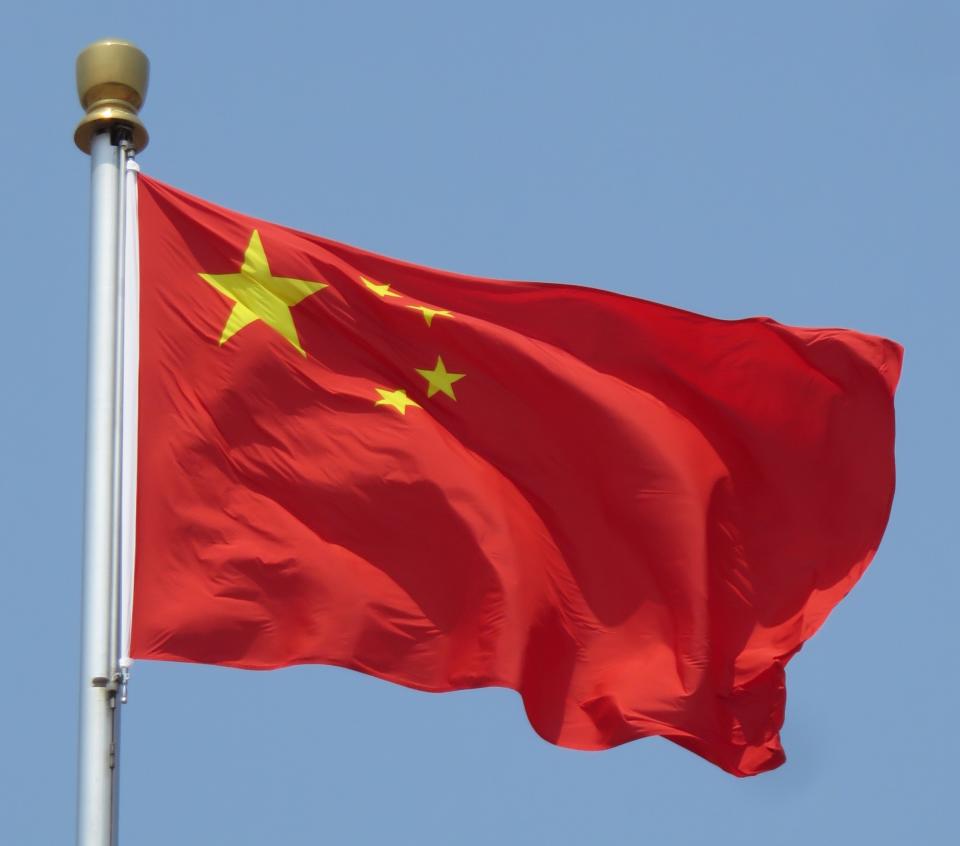China passes export control law protecting national security and technology

China has passed a new law restricting sensitive exports to protect national security, a move that adds fuel to an already shaky US relationship, especially when it comes to technology.
The law allows the government to act against nations that abuse export controls in a way that harms China’s interests, state media said.
While it was passed on Saturday, the exports law will come into effect on 1 December. The Xinhua news report did not name any target countries.
However, economic tensions between Beijing and Washington have been roiled by US president Donald Trump's unprecedented campaign of tariffs, threats of bans and sanctions on Chinese tech firms.
Controlled items include military and nuclear products, as well as other goods, technologies and services and relevant data, a statement on the National People’s Congress website cites.
It said the law was “formulated for the purpose of safeguarding national security and interests.”
READ MORE: Chinese chipmaker SMIC in preliminary talks with US over export restrictions
It comes after the US commerce department imposed sanctions on China’s biggest chipmaker Semiconductor Manufacturing International Corporation (SMIC), warning exporters that there is an “unacceptable risk” equipment supplied to SMIC (SMICY) could be used for military purposes.
Earlier in October, SMIC said that it undertook “preliminary exchanges” with the US Bureau of Industry and Security regarding export restrictions.
The chipmaker said that the “company is conducting assessments on the relevant impact of such export restrictions on the company’s production and operation activities,” in a statement.
SMIC, China’s biggest chip manufacturer reiterated that it has been operating in accordance with relevant laws and regulations in all the areas where it performs its business.
READ MORE: China targets foreign firms on 'unreliable entities' list as US trade war intensifies
With Trump facing a tough re-election campaign ahead of polls next month, US officials have described measures against China as national security safeguards — prompting a backlash from Beijing.
In September, China launched a long-expected "unreliable entities" blacklist, which was considered a weapon to retaliate against the US which has used its own "entity list" to shut Huawei out of the US market.
Firms that end up on the blacklist could be banned from investing in or importing or exporting in China. Other actions, include entry restrictions on workers entering the country, revoking work or residence permits and imposing fines.
While the two nations signed a preliminary trade deal in January 2020, some of the thorniest issues remain unsolved.
Social media and chatting apps have also fallen victim to the ongoing tiff, with TikTok and WeChat both narrowly avoiding being banned from downloads in US app stores.
Watch: U.S.-China trade war's impact on small caps

 Yahoo Sports
Yahoo Sports 